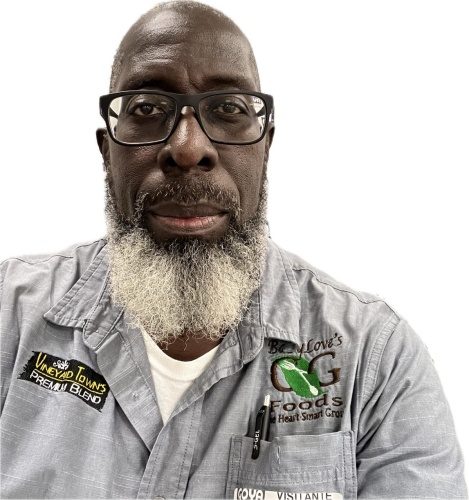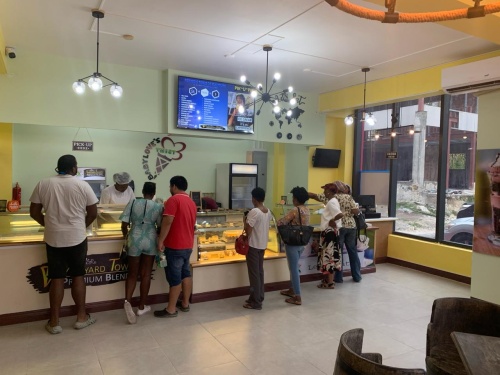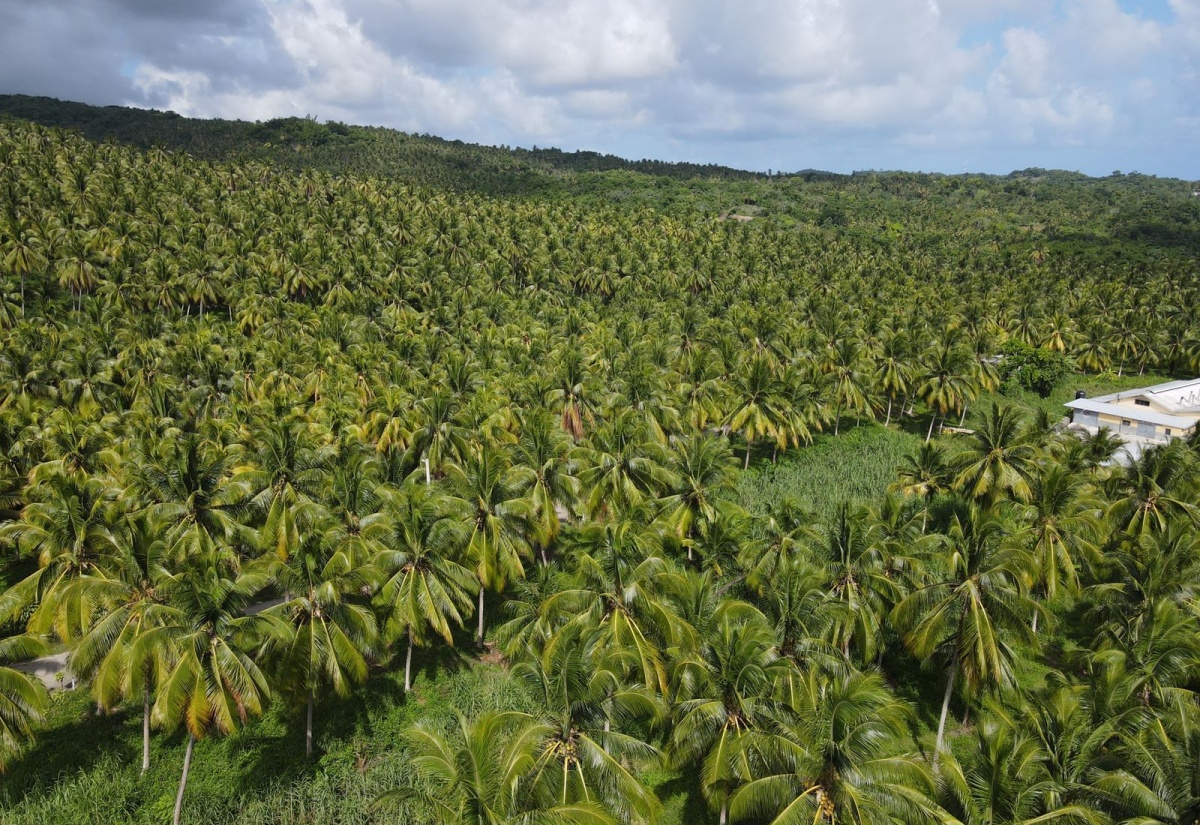Agro-Processors in Coconut Sector Benefit from Versatility of the Fruit
By: , March 20, 2024The Full Story
Argo-processors within the coconut sector are benefiting from the multipurpose and renewable features of the coconut plant.
Practically the entire coconut plant can be processed to create byproducts for use, commercially or personally.
Chief Executive Officer (CEO) with Baby Love CG Foods, producers of Vineyard Town Premium Blend, Larry Gardiner, says persons entering the industry must do proper homework to maximise their earning potential.
“One of the greatest problems, speaking from my perspective, is ignorance. I knew that we had a good product made from coconut, but I never understood the value of coconut. Once I got involved with the Coconut Industry Board, I realised how much money we lost throughout the years, because when I made coconut ice cream, I took the trash, water, shell, and husk and threw them away, because to me, they had no value,” he said, in an interview with JIS News.

The Vineyard Town Premium Blend Brand is known for creating local dairy-free coconut-based ice cream.
Mr. Gardiner said at the beginning of his business, all his efforts were focused on improving the product.
“I studied for the ice cream – how to make it good and creamy and how to preserve it – but I never looked at studying the base that I used. I think if I had done that, we would probably be light years ahead of where we are right now. For anyone coming into it, if you decide that you’re going to do a product, do your homework, do the research first,” he advised.

After years of experience with the coconut plant and its by-products, Mr. Gardiner has now invested in equipment to utilise as much of the plant as possible.
“We now have a better understanding of coconuts. We have some equipment that came where we can grind the coconut ourselves to create coconut milk. We’re also using by-products such as the coconut trash for chicken and cow feed. From the husk, we’re looking at creating biofuel. We’re hoping to be much more immersed in the coconut industry within the next five years,” he said.
The coconut plant can be used for its nuts, coir, leaves, roots, trunk, water and husk.

Operations Manager at Michael Black Farms, Zachary Black, said the farm is currently 100 per cent renewable.
Michael Black Farms is the manufacturer of Ms. Dawn’s cold-pressed virgin coconut oil.
“We have one of the largest farms in Jamaica and the English-speaking Caribbean, producing most of the cold-pressed virgin coconut oil in Jamaica. We do not waste anything on our farm; everything is found and used with a purpose. For instance, we make coir dust and coir fibre. Currently, we are going into producing coir dust because it is imported into Jamaica. We want to have that impact where you don’t have to import it, that it can be sourced locally,” he said.

Coir dust and fibre are by-products of the coconut shell with numerous uses.
“The dry husk from the outer shell of the coconut is what we use and break it down into two separate products, which is the coir dust and the coir fibre. The fibre is a stringier version which people use for shipping and for making welcome mats. The dust is very big in gardening, because it’s an excellent absorber of water,” Mr. Black said.

Coir dust holds moisture and water longer, making it popular as a drought mitigation tool for plants, especially in plant nurseries.
“A lot of people also use it as another alternative to shipping peanuts, as persons use it to send fruits from Jamaica overseas. This is a byproduct that can go back into the earth, so there’s zero waste. We also use the husk as mulch, so we put it back in the field and it breaks down and gives nutrients back to the trees and the plants,” he said.
For guidance with entering the coconut sector, people can reach out to the Coconut Industry Board (CIB) at (876) 926-1770 or visit their office at 18 Waterloo Road in Kingston.


